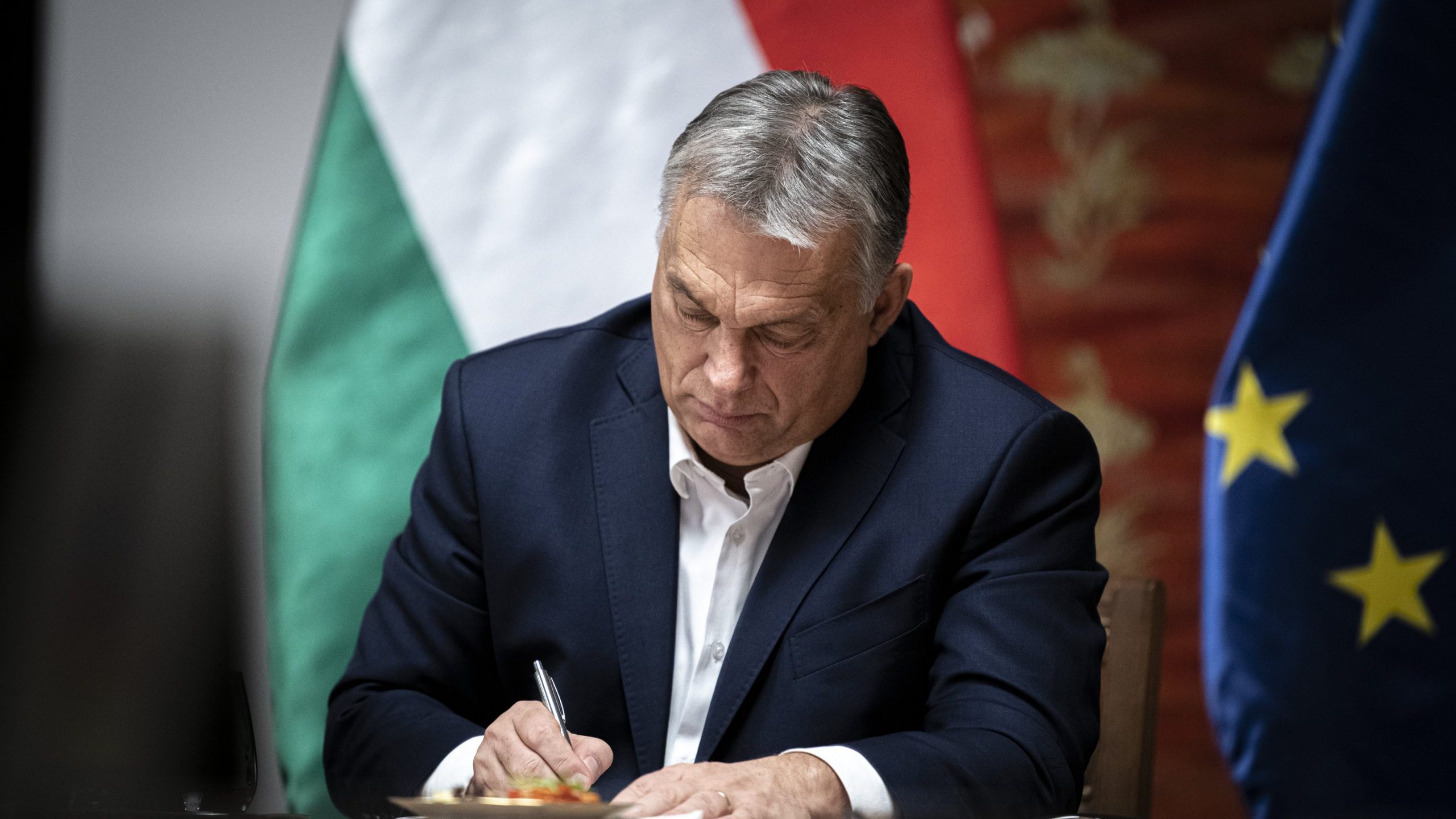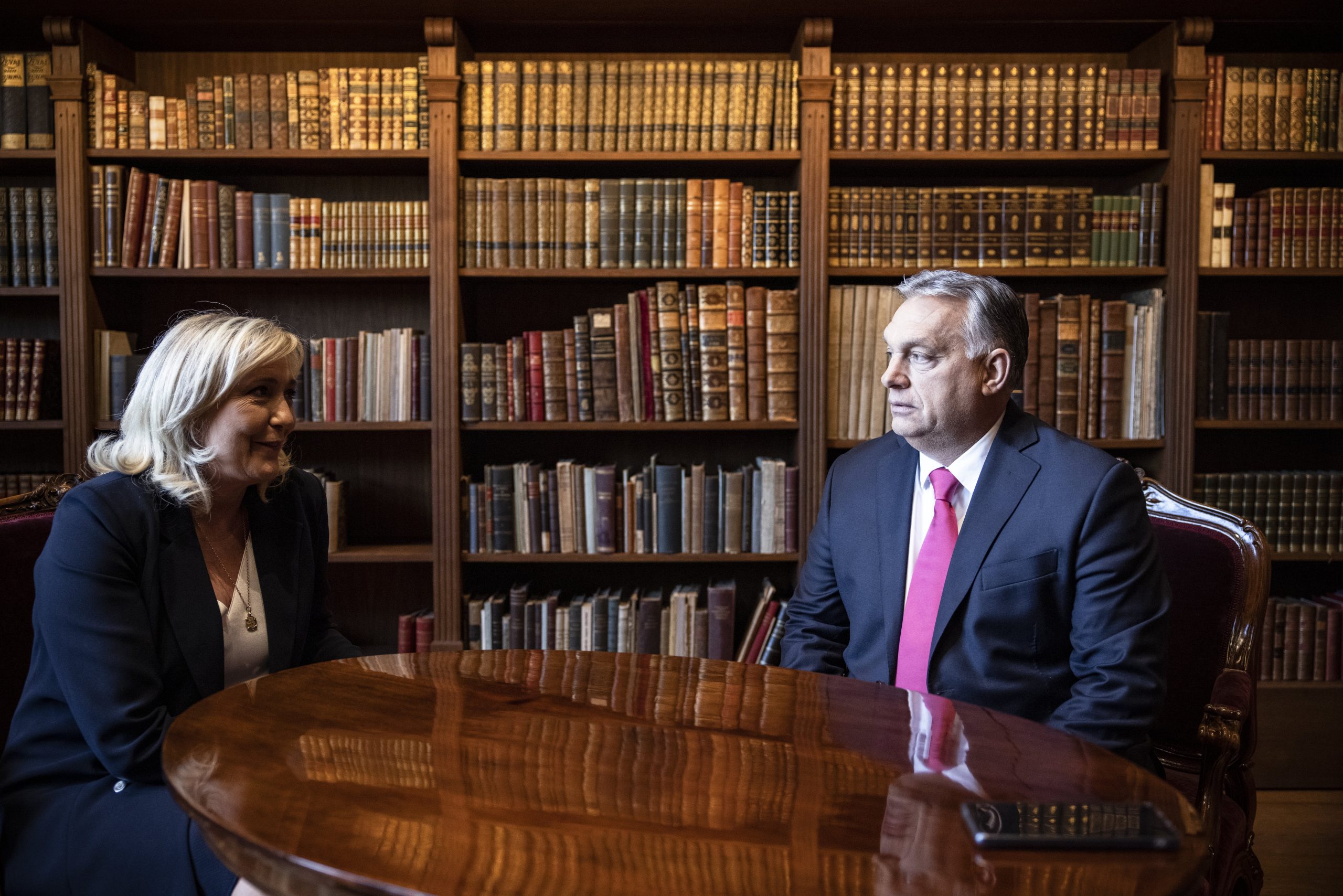
First of all, I would like to thank you all for this debate. Thank you for the interest you have shown in Hungary, and thank you for stating your views.
I would especially like to thank those Members of the European Parliament who have publicly demonstrated their support for Hungary, the Hungarian people and the decisions we have adopted. Thank you for your solidarity. There have also been contributions from Hungarians. I do not want to analyse the behaviour of Hungarians who attack their own country here, in Brussels. I believe that we must continue these debates at home. To Mr. Verhofstadt I would like to say that once again I get the impression that you want to tell us what the Hungarian people should do. Please leave that to the Hungarian electorate. They can decide for themselves, on regular basis every four years.
I would like to thank Vice-President Timmermans for his speech. Thank you for offering the possibility for open and genuine dialogue. We are ready to discuss all the questions you raised, and, as far as I can see, we will easily find solutions to quite a few of them.
Regrettably, I am also compelled to respond to Mr. Pittella’s remarks, as I feel that the disobliging tone he chose to adopt in his contribution was unfair on me. Please allow me, Honourable Member of Parliament, to correct you on one of the points you made. Migrants do not want to come to Hungary. Migrants want to go through Hungary to Austria, Germany and Sweden. The fact of the matter is that we are protecting Austria, Sweden and Germany. In truth we are simply complying with the Schengen Agreement. And I find it strange that you, as a Member of the European Parliament, are attacking Hungary for its compliance with the Schengen Agreement; indeed in so doing Hungary is not even acting primarily in its own interest, but in the interest of the Germans, Swedes and Austrians. We Hungarians believe that we deserve recognition, rather than attacks. As for those remarks with which you sought to incite opposition to my party from within the European People’s Party, I must tell you – and I apologise if I offend anyone by saying this – that we know that tactic well: it is an old communist tactic. You want to divide the European People’s Party. You clearly want to create division within it so that later you can become stronger. We know this. This is how the communists destroyed democracy in Hungary. I advise the European People’s Party to reject this approach.
Ladies and Gentlemen,
Our position on the issue of migrants is perfectly clear. Illegal immigration must be stopped, and refugees and migrants must be separated from each other outside the territory of the European Union. Assistance for those in trouble must be brought to where the trouble is, rather than bringing people in trouble into the European Union. Who is now failing to implement the relocations?
Mr. Pittella, so far less than ten per cent have been relocated. It is not Hungary that is not taking part – that would affect only a thousand people. You have managed to relocate ten per cent of the total number of people specified in the quotas. It is obvious that the policy based on relocation and mandatory quotas has failed. There is no point in forcing this any further, as even those Member States which, unlike us, are not openly opposed to the plan are failing to implement it. This was a bad idea. If a bad political idea proves to have failed, it must be abandoned and a new solution must be sought.
I also need to say a few words about money. The money which Hungary receives from the European Union is not some charitable donation. Everyone benefits from the cohesion policy: each and every Member State of the European Union benefits. You yourselves benefit from it. Those who give the money profit from it – and quite handsomely, too, if we want to talk openly about this. The net contributors to the cohesion policy are beneficiaries of it. Your commissioners talk about this openly. They also quote figures. Here I shall not quote the exact percentage of funding we receive which returns to your countries. I am convinced that the cohesion policy is fair. We have eliminated our customs tariffs. We have opened our markets and permitted the free flow of capital – while after communism we lacked capital and were as poor as church mice. I am convinced that without the cohesion policy there is no fair competition. You cannot ask us, Ladies and Gentlemen, to keep our mouths shut, and you cannot speak to us as if you were giving us some gift, and as if we should be grateful because you have bought us and now we are in debt to you. We cannot accept this position. Hungary must reject this!
Then we come to the claims that there is some kind of authoritarian political regime in Hungary; and, what’s more, thanks to me in person – though obviously this is not about me, but about ten million Hungarians. I would like to inform you that I have spent sixteen years in opposition in Parliament. I am only just now beginning my twelfth year in government, and am one of the few European leaders who has not gone into business after losing an election, has not taken a highly-paid post on a board of directors, and has not delivered guest speeches for exorbitant sums of money. When we lost, my party and I remained in politics and accepted the role of debating from the opposition benches. We fought on, and we regained the people’s trust. I think that to accuse a country and a governing party like ours of running some sort of authoritarian regime, to mention this in relation to us, is simply unjust and unfair.
Ladies and Gentlemen,
I have quite a few thoughts about George Soros, but I certainly don’t think that he ever gave anyone a scholarship because he thought that by doing so he was buying that person’s opinions for the rest of their life. So I must reject all such insinuations.
And finally, as you brought it up I must also say a word or two about illiberal democracy. It is thought that in Central Europe there is simply no democracy if the liberals do not win or are not part of the government. We have had enough of this thinking. We believe there can still be democracy even if the liberals do not win. Illiberal democracy is when someone other than the liberals have won.
Thank you for your attention.


